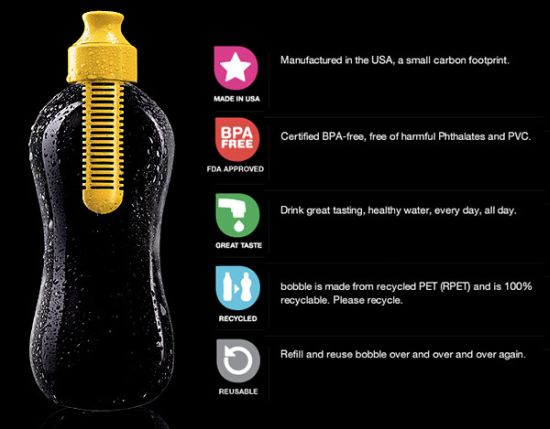quotes from the irresistible revolution, chapter four.
you can read part l, part ll, and part III here, here, and here.
“according to mother teresa, it is among the wealthy that we
can find the most terrible poverty of all- loneliness.” (93)
-
“the Gospels were not just for mother Teresa and st. francis,
and that the sermon on the mount is as meaningful today as it was two thousand years ago.” (98)
-
“we do need to be born again, since Jesus said that to a guy named nicodemus.
but if you tell me i have to be born again to enter the kingdom of God,
i can tell you that you have to sell everything you have and give it to the poor,
because Jesus said that to one guy too..but I guess that’s why God invented highlighters,
so we can highlight the parts we like and ignore the rest.” (rich mullins, 98-99)
-
“sometimes i was incredibly frustrated and angry, wondering how
these extremes could exist in the same world, let alone in the same church” (99-100)
-
“Jesus never says to the poor, ‘come find the church.’
but he says to those of us in the church, ‘go into the world and find
the poor, hungry, homeless, imprisoned.’ Jesus in disguises.” (tony campolo, 102)
-
“with the most sincere hearts, we do not want to see anyone
walk away from Jesus because of the discomfort of his cross,
so we clip the claws on the Lion a little, we clean up a
bit the bloody Passion we are called to follow.” (104)
-
“their rebirth will cost them everything they have” (104)
-
“we can end up merely cheapening the very thing we want folks to
experience. this is the “cheap grace” that…dietrich bonhoeffer called
“the most deadly enemy of the church” (105)
-
“funny that one of the first stories of the early church in acts is the bizarre
tale of a couple named ananias and sapphira, who withhold a portion
of their possessions from the common offering and then lie about.
peter confronts them in a way that seems quite rude (not very seeker sensitive),
and then on top of it God strikes them dead (not very tolerant or inclusive).
perhaps we should be thankful that God isn’t into that anymore,
otherwise we’d have much smaller congregations.” (105-106)
-
“everyone can be a christian but no one knows what a christian is anymore” (106)
-
“true, the cross is not always seeker sensitive. it is not comfortable.
but it is the cornerstone of our faith” (106-107)
-
“the more I read the Bible, the more i felt my comfortable life interrupted.” (107)
-
“what we do is not nearly as important as who we are” (108)
-
“what would a twenty-year-old Jesus have said if they asked him,
“what are you going to do when you grow up?” i don’t know, maybe
something like, “i’m going to turn the world upside-down. i;m going
to hang out with prostitutes and tax collectors until people kill me.” (108)
-
“somehow I had missed the fact that singles was a beautiful means of
discipleship and that church history is filled with folks who
followed God as singles- Jesus for one…” (111)
-
i had come to see God as lover and provider and to desire a life of singleness and poverty”(111)
-
“God created us in his I age, and we decided to truth the favor” (bernard shaw, 112)
-
“we create a western conception of the mediterranean peasant revolutionary
who lived two thousand years ago, whom we can relate to and who
cares about what we care about (eats at mcdonald’s and vote republican).” (112)
-
“’shane, we need you to play Jesus, because you are white and
from america.’ ouch! God forgive us.” (113)
“i asked participants who claimed to be ‘strong followers of Jesus’
whether Jesus spent time with the poor. nearly 80% said yes.
later in the survey, i sneaked in another question. i asked this same group
of strong followers whether they spent time with the poor,
and less than 2% said they did.” (113)
-
“we can admire and worship Jesus without doing what he did…
we can adore his cross without taking up ours. i had come to see that
the great tragedy in the church is not that rich christians do not care
about the poor but that rich christians do not know the poor.” (113)
-
“i truly believe that when the poor meet the rich, riches will have no meaning.
and when the rich meet the poor, we will see poverty come to an end. (114)








































